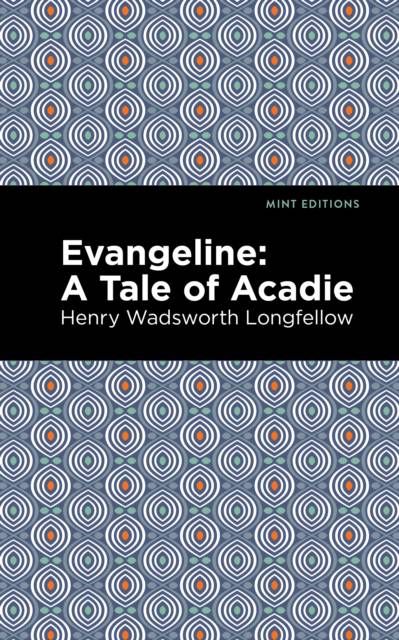
- Retrait gratuit dans votre magasin Club
- 7.000.000 titres dans notre catalogue
- Payer en toute sécurité
- Toujours un magasin près de chez vous
- Retrait gratuit dans votre magasin Club
- 7.000.000 titres dans notre catalogue
- Payer en toute sécurité
- Toujours un magasin près de chez vous
Description
Evangeline: A Tale of Acadie (1847) is an epic poem by Henry Wadsworth Longfellow. A master of poetic tradition and form, Longfellow wrote Evangeline: A Tale of Acadie in dactylic hexameter, the meter of such classical epics as Homer's Iliad and Odyssey as well as Virgil's Aeneid. Inspired by the experience of the Acadians, a Francophone people living in northern Maine and the Canadian Maritime provinces who were forcefully expelled by British forces during the French and Indian War, Longfellow composed his American epic, a story of faith, romance, and perseverance steeped in tradition and beloved by generations to come.
In the French colony of Acadie, a young woman named Evangeline Bellefontaine marries Gabriel Lajeunesse. They begin their lives together in happiness, surrounded by the beauty of the forests and waters of the Maritimes. When war breaks out between the French and the British, the Acadians are forced out of their homes by the advancing British. Separated from Gabriel, Evangeline makes her way across America in search of safety and her missing husband. After several near misses and years of living on the road, Evangeline settles in Philadelphia, where she joins a convent and cares for the sick as a deadly epidemic sweeps across the land. Evangeline: A Tale of Acadie is an epic of a forgotten history, a tale of hardship and the love that would overcome it.
With a beautifully designed cover and professionally typeset manuscript, this edition of Henry Wadsworth Longfellow's Evangeline: A Tale of Acadie is a classic of American literature reimagined for modern readers.
Spécifications
Parties prenantes
- Auteur(s) :
- Editeur:
Contenu
- Nombre de pages :
- 60
- Langue:
- Anglais
- Collection :
Caractéristiques
- EAN:
- 9781513278322
- Date de parution :
- 09-03-21
- Format:
- Livre broché
- Format numérique:
- Trade paperback (VS)
- Dimensions :
- 127 mm x 203 mm
- Poids :
- 77 g







